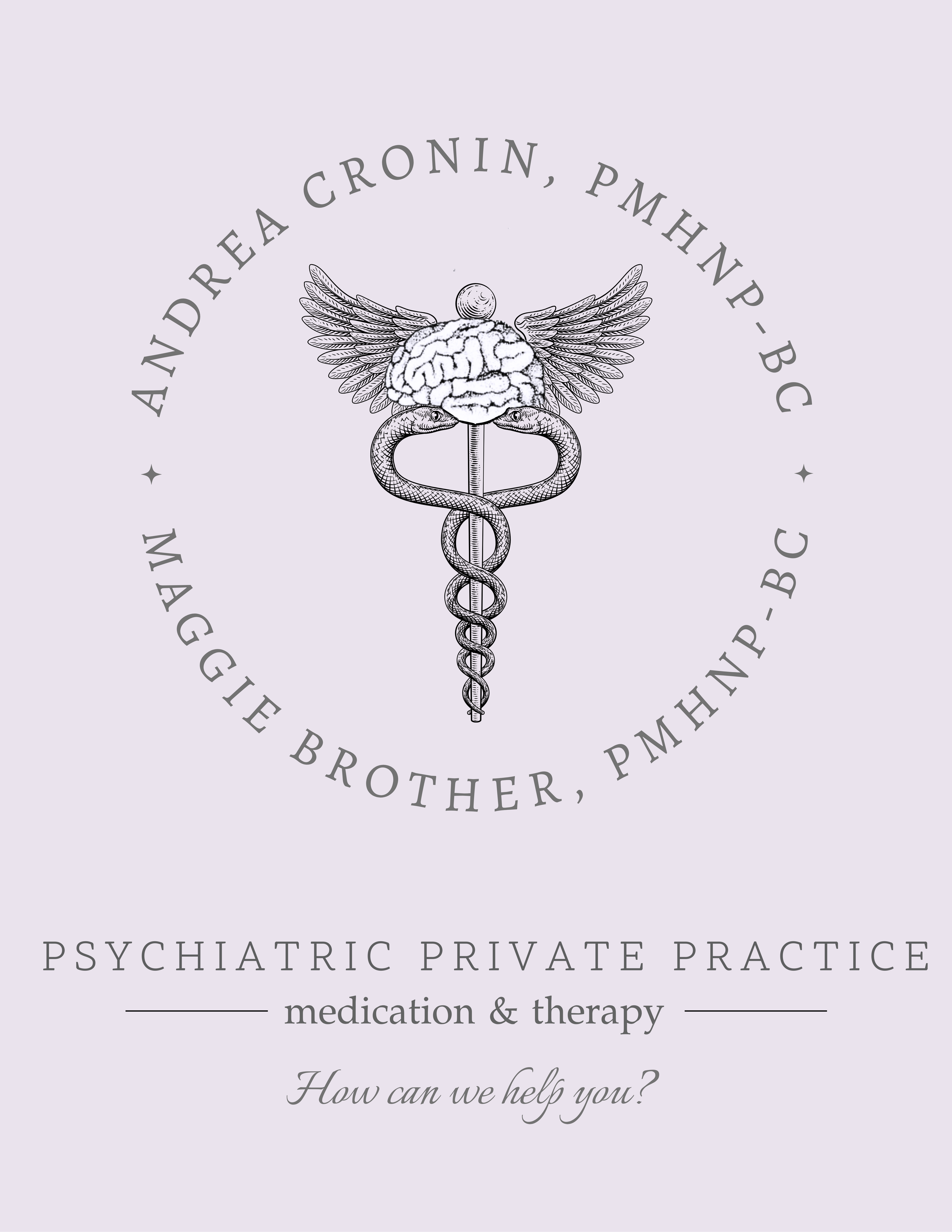Cognitive Behavioral Therapy, also known as CBT, is one of the most common and effective forms of psychological therapy for a variety of common mental health issues. The methods included in CBT are widely used by therapists and psychiatric mental health providers for a variety of issues, for example:
- Anxiety Disorders
- Panic
- Obsessive Compulsive Disorder
- Depression
- Post-Traumatic Stress Disorder
- Eating Disorders
- Mood Disorders
- Adjustment Disorders
- Complicated loss or grief
- Acute and chronic medical illnesses
- Substance Misuse Disorders
Cognitive Behavioral Therapy aims to address the heart of an issue, particularly emotional and/or traumatic issues. Cognitive Behavioral Therapy is often coupled with medication or other forms of treatment to optimally address one’s symptoms that may affect their daily life, such as worry, fear, sadness, poor concentration or difficulty with relationships.
Through Cognitive Behavioral Therapy, you work with a mental health professional, to help identify issues and feelings you feel may be negatively impacting your life. Together you develop and understanding how your emotional reaction to an issue may influence your thoughts, beliefs, and behaviors. Over time, the goal is to help replace the negative emotions with a more positive understanding and emotional reaction of the issues. Finally, through cognitive behavioral therapy, you learn to reshape and replace your negative thoughts and develop actions and behaviors in response to those thoughts that are more positive and productive to improve your overall mental health.
The length of this type of therapy is goal-oriented and often shorter in duration than other types of therapy; and brief cognitive therapy is often incorporated into each office visit. The length of individual therapy will vary, depending on multiple factors.
Each of us may struggle with challenging life issues during our lives and are not alone. If you feel that you are struggling with issues that are negatively affecting your daily life, and are 18 years old or above, please call our office to discuss available treatment options.

